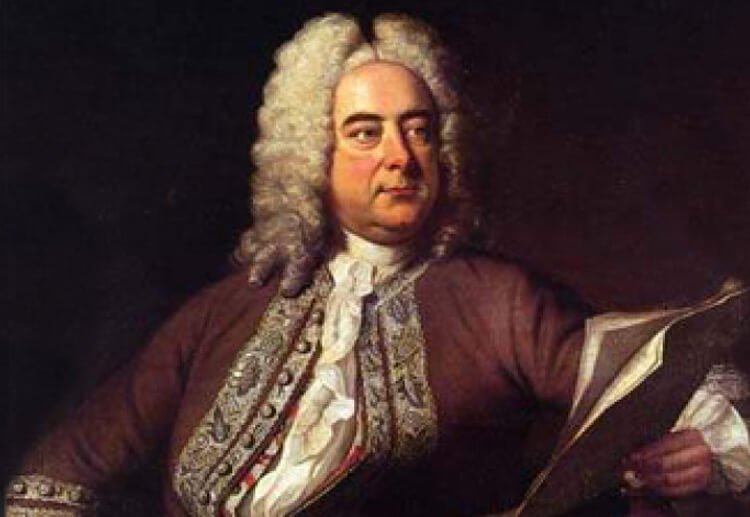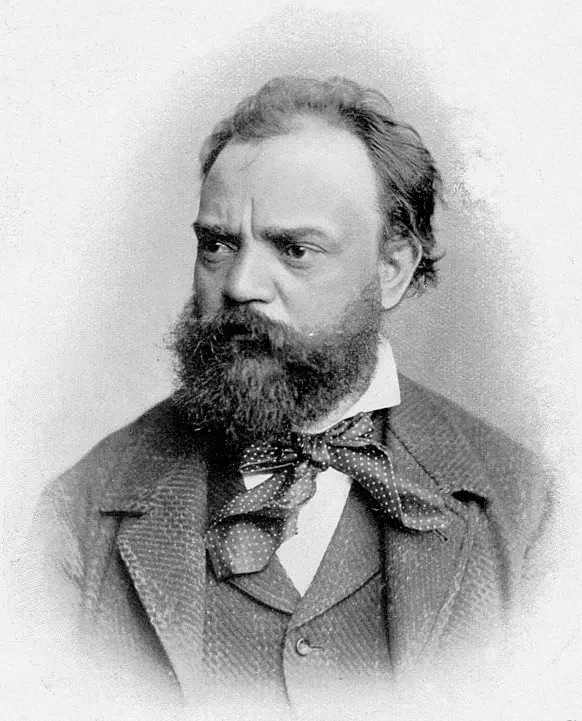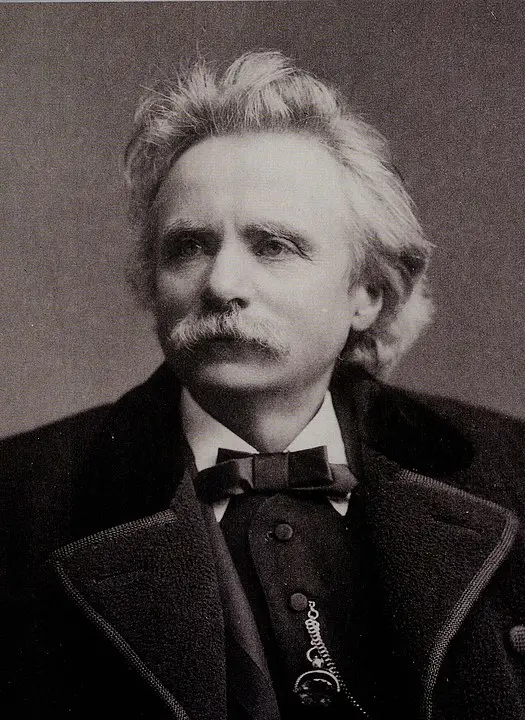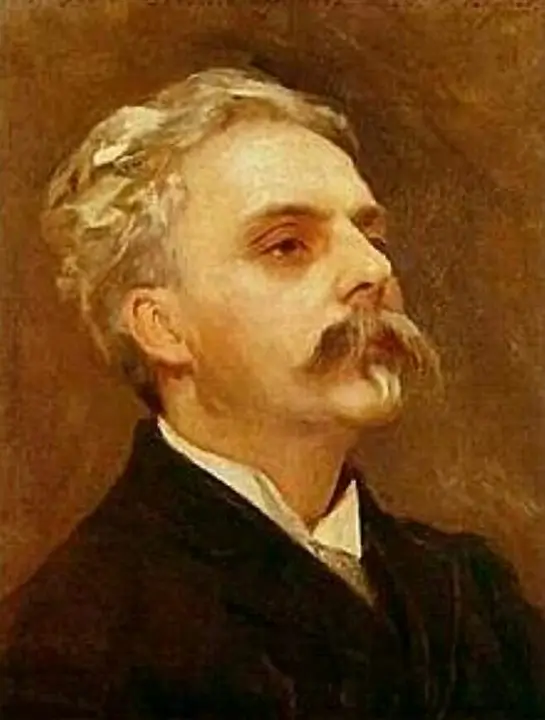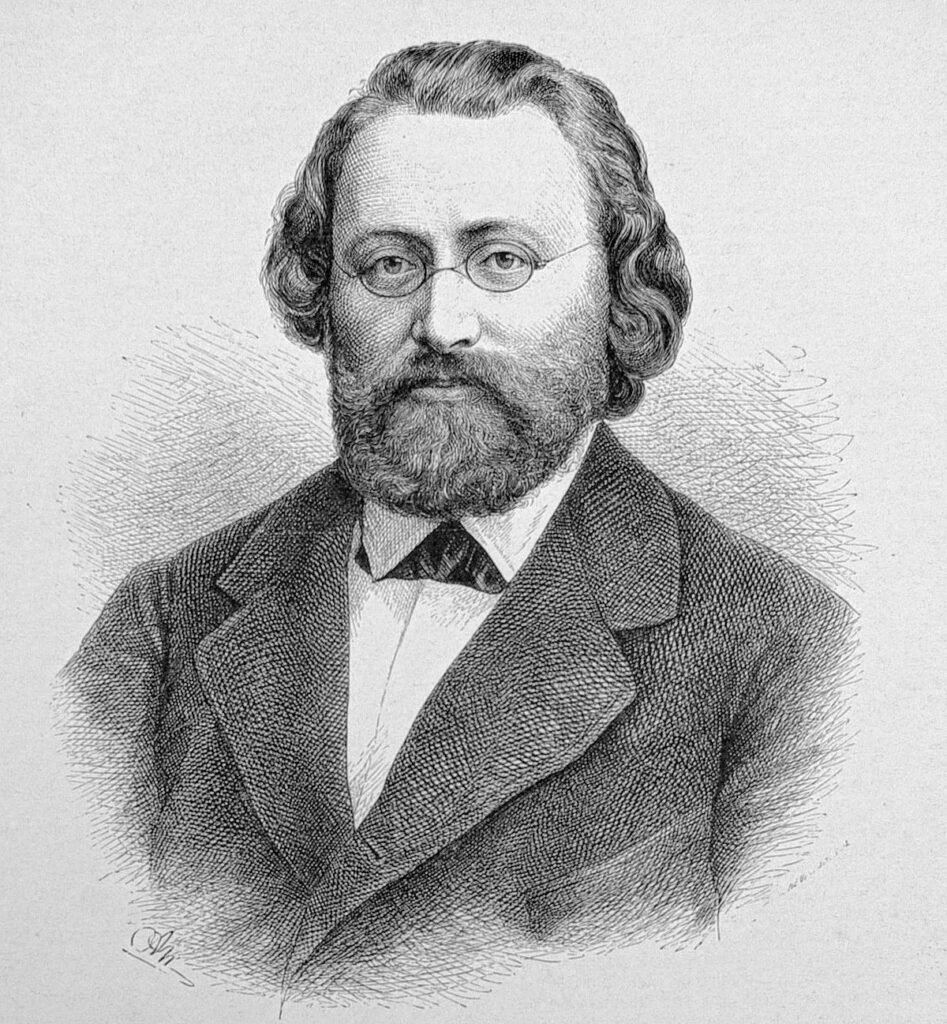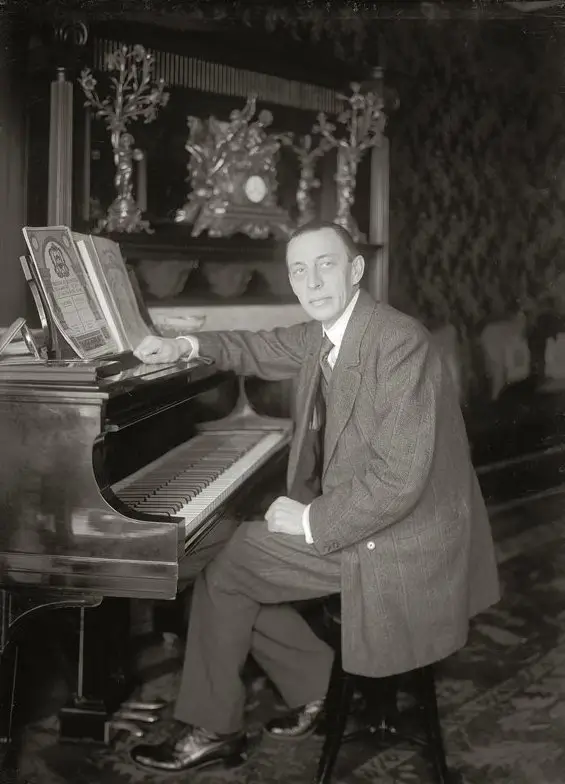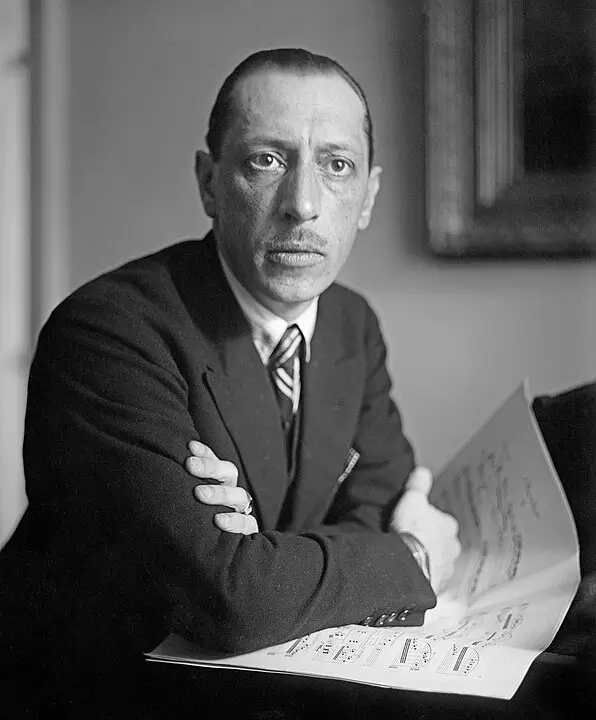Introduction to George Frideric Handel
George Frideric Handel, a name synonymous with baroque music, remains one of the most influential composers in the history of Western music. Born in the late 17th century, his works have traversed centuries, enchanting audiences with their dramatic depth and melodic richness. Handel’s music, characterized by its grandeur and operatic style, has left an indelible mark on the musical landscape, influencing countless composers and musicians. His ability to blend the Italian operatic style with German and English musical elements created a unique sound that was revolutionary at the time.
Early Life of Handel
Handel was born on February 23, 1685, in Halle, Duchy of Magdeburg (now in Germany). His father, a barber-surgeon, intended for Handel to study law, but Handel’s undeniable musical talents were evident from an early age. At the age of seven, he was proficient on the organ and had begun composing music. Despite his father’s initial resistance, Handel’s musical prowess could not be ignored, and he was eventually allowed to study music under Friedrich Wilhelm Zachow, a local composer and organist. This early education laid the foundation for his future successes.
Musical Training and Development
Under Zachow’s tutelage, Handel gained a comprehensive grounding in composition and learned to play a variety of instruments, which included the violin, harpsichord, and organ. Zachow exposed him to a wide range of musical styles, which Handel absorbed eagerly. In 1702, Handel enrolled at the University of Halle to study law, as per his father’s wishes, but he continued to be drawn to music. He soon left university to pursue a career in music, taking a position as a violinist and then as the organist at the Calvinist Cathedral in Halle.
Major Works and Compositions
Handel’s oeuvre is vast and varied, comprising operas, oratorios, anthems, and a multitude of chamber works. His most famous composition, “Messiah,” an English-language oratorio, has become one of the most popular works in Western choral literature. Other notable works include “Water Music” and “Music for the Royal Fireworks,” which remain staples in the repertoire of many orchestras around the world. His operas, such as “Rinaldo” and “Giulio Cesare,” are celebrated for their vocal demands and rich instrumentation.
Connections to Other Composers
Handel’s life intersected with many other great composers of the time. In his early years in Italy, he met both Arcangelo Corelli and Alessandro Scarlatti, who influenced his compositional style. In London, Handel’s path crossed with that of Johann Sebastian Bach, although there is no record of them ever meeting. Both composers admired each other’s work, and Bach even arranged a meeting with Handel in 1719, which unfortunately did not take place. Handel’s influence can also be seen in the works of later composers like Haydn, Mozart, and Beethoven.
Character and Philosophy
Handel was known for his strong personality and a certain level of stubbornness, traits that were both admired and criticized by his contemporaries. He was deeply religious, which influenced many of his compositions, particularly his oratorios. Despite facing several challenges, including fierce competition and financial difficulties, Handel’s resilience and dedication to his art never waned. His philosophy seemed to revolve around a deep commitment to musical innovation and expression, often pushing the boundaries of the conventional music of his time.
Life in London: Handel’s Adopted City
In 1712, after spending time in Italy, Handel moved to London, which would become his home for the remainder of his life. London’s vibrant cultural scene provided the perfect backdrop for Handel’s talents to flourish. He initially composed operas for the Royal Academy of Music. However, as public tastes changed, Handel shifted focus towards oratorio, a genre that brought him immense success. His annual performances of “Messiah” at the Foundling Hospital, a charity for abandoned children, exemplify his integration into and impact on British cultural life.
Death and Legacy of Handel
Handel passed away on April 14, 1759, in London. He was given a state funeral and buried in Westminster Abbey, an honor indicative of his significant impact on British culture. Handel’s legacy is profound, influencing not only the music of his contemporaries and successors but also modern performance practice. His works are regularly performed worldwide, and his ability to convey human emotions through music continues to resonate with audiences today.
George Frideric Handel’s life and work exemplify the enduring power of music to cross cultural and temporal boundaries, making him a pivotal figure in the history of music. His compositions continue to be celebrated for their emotional depth and vibrant energy, ensuring his place in the pantheon of great composers.

